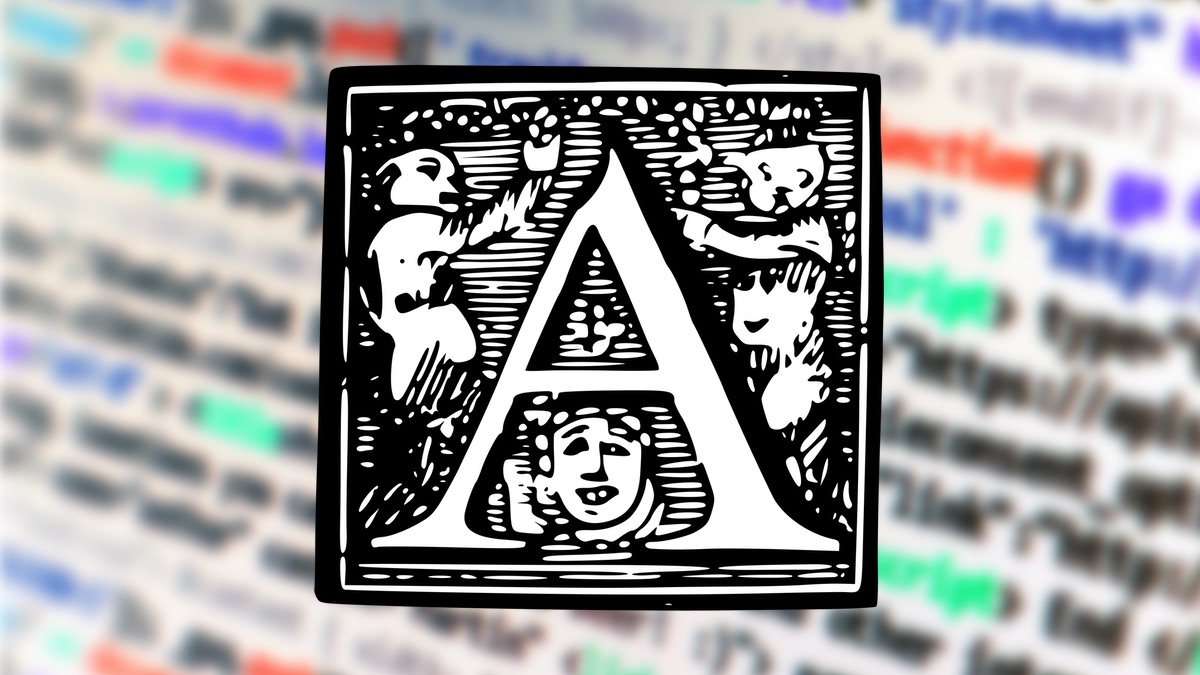
A chicken shop in New York leads into a commentary on the correct use of capital letters in a podcast of a slightly different style.
This mini-episode was commissioned by Jamie Morrison as part of his reward for supporting The 9pm Autumn Series 2024 crowdfunding campaign.
This podcast is available on Amazon Music, Apple Podcasts, Castbox, Deezer, Google Podcasts, iHeartRadio, JioSaavn, Pocket Casts, Podcast Addict, Podchaser, Spotify, and Speaker.
You can also listen to the podcast below, or subscribe to the generic podcast feed.
Podcast: Play in new window | Download (Duration: 22:54 — 21.0MB)
Episode Links
-
[11 April 2024] A few New York City restaurants are experimenting with virtual staff members, who greet customers onscreen via Zoom from the Philippines.
-
[9 April 2024] The Zoom meeting info and password is written on a note facing customers.
-
Title case or headline case is a style of capitalization used for rendering the titles of published works or works of art in English. When using title case, all words are capitalized, except for minor words (typically articles, short prepositions, and some conjunctions) that are not the first or last word of the title. There are different rules for which words are major, hence capitalized. As an example, a headline might be written like this: "The Quick Brown Fox Jumps over the Lazy Dog".
-
In English, a variety of case styles are used in various circumstances. [This is a more general description of all the options.]
-
A proper noun is a noun that identifies a single entity and is used to refer to that entity (Africa; Jupiter; Sarah; Walmart) as distinguished from a common noun, which is a noun that refers to a class of entities (continent, planet, person, corporation) and may be used when referring to instances of a specific class (a continent, another planet, these persons, our corporation).
-
Use all capitals if an abbreviation is pronounced as the individual letters (an initialism): BBC, CEO, US, VAT, etc; if it is an acronym (pronounced as a word) spell out with initial capital, eg Nasa, Nato, Unicef, unless it can be considered to have entered the language as an everyday word, such as awol, laser and, more recently, asbo, pin number and sim card. Note that pdf and plc are lowercase.
-
Australian English (AusE, AusEng, AuE, AuEng, en-AU) is the set of varieties of the English language native to Australia.
If the links aren’t showing up, try here.
Thank you, Media Freedom Citizenry
The 9pm Edict is supported by the generosity of its listeners. You can throw a few coins into the tip jar or subscribe for special benefits. Please consider.
For this episode it’s thanks once again to everyone who supported The 9pm Autumn Series 2024 crowdfunding campaign.
CONVERSATION TOPICS: Barry Anderson, Joanna Forbes, Paul McElwee, and Peter Viertel.
THREE TRIGGER WORDS: Bernard Walsh, Joanna Forbes, Joanna Forbes again, and two people who choose to remain anonymous.
ONE TRIGGER WORD: Andrew Kennedy, Benno Rice, Bruce Hardie, Chris Rauchle, Dave Gaukroger, Frank Filippone, James Moore, Katrina Szetey, Mark Newton, Michael, Michael again, Michael Cowley, Miriam Faye, Nicole Coombe, Oliver Townshend, Oliver Townshend again, Paul Williams, Peter Blakeley, Peter Blakeley again, Rami Mandow, Rhydwyn, Ric Hayman, Tom Carding, and five people who choose to remain anonymous.
PERSONALISED VIDEO MESSAGE: Tim Cridland.
PERSONALISED AUDIO MESSAGE: Matt McLeod and Kimberley Heitman.
FOOT SOLDIERS FOR MEDIA FREEDOM who gave a SLIGHTLY LESS BASIC TIP: Brenton Realph, Garth Kidd, James Connor, James Henstridge, Karletta Abianac, Lindsay Jenkinson, Matthew Crawford, Peter McCrudden, and one person who chooses to remain anonymous.
MEDIA FREEDOM CITIZENS who contributed a BASIC TIP: None this time, which is curious.
And another 17 people chose to have no reward, even though some of them were the most generous of all. Thank you all so much.
Series Credits
- The 9pm Edict theme by mansardian via The Freesound Project.
- Edict fanfare by neonaeon, via The Freesound Project.
- Elephant Stamp theme by Joshua Mehlman.
